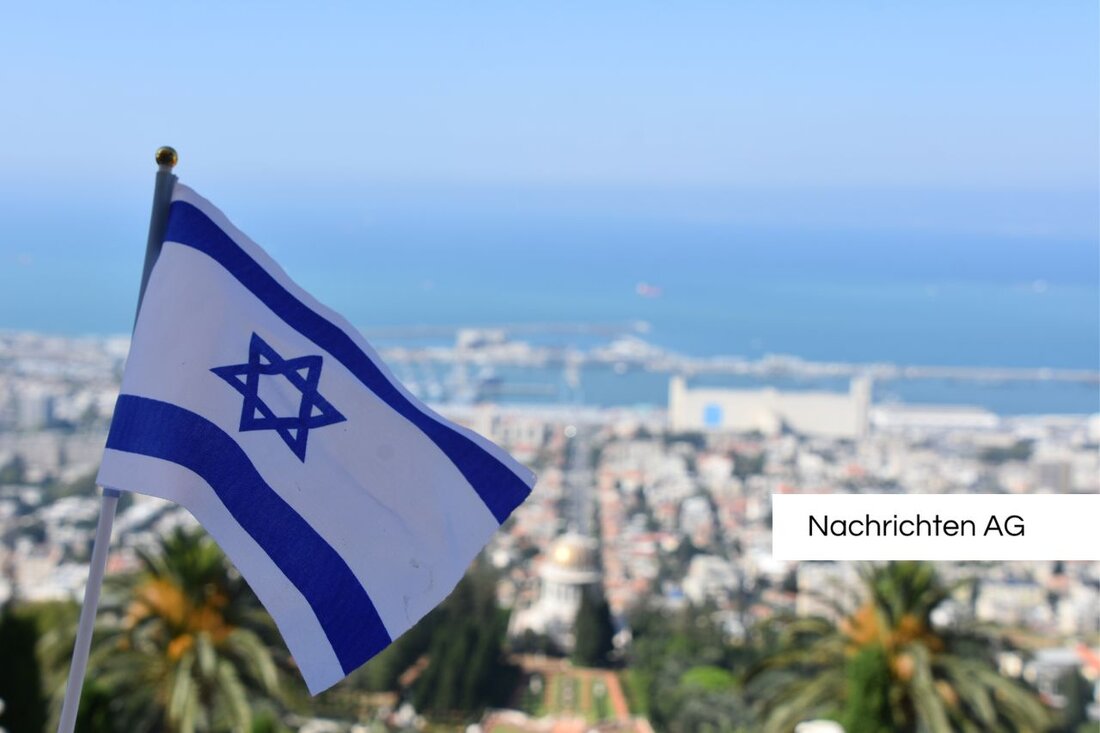War in the Middle East: Facring massive attacks between Israel and Iran!
Israel and Iran are in an escalating conflict: over 80 Israeli air strikes on Tehran, numerous victims of both sides.

War in the Middle East: Facring massive attacks between Israel and Iran!
In the night of Sunday there was violent military conflicts between Israel and Iran, which led to a dramatic escalation of the conflict. According to reports from Vol.at , the Israeli army carried out over 80 attacks on goals in Tehran. These attacks resulted in at least 10 deaths and around 200 injuries in Israel. The number of victims under the Iranian military leadership rose to at least 14, after 6 generals, including Hussein Salami and Mohammed Bagheri. In the first two days of Israeli attacks,
Iran reported at least 128 fatalities and 900 injured, including 40 women and numerous children. The Israeli attacks were directed against deposits and infrastructure for rocket shots in Westiran as well as against the headquarters of the state nuclear research organization and the hiding place of the State Atomic Archives.
rocket fire and retaliation threats
In response to the attacks, Iran started a new wave of rocket attacks on Israel, whereupon the rocket alarm in Tel Aviv and other cities in central Reala was triggered. So far there is no information about direct impacts or victims in Israel. In Tehran, residents reported explosions near the Mehrabad Airport and a failure of the water supply in some districts.
Benjamin Netanyahu warned Iran of possible retaliation for attacks on civilians, while Iran's President Masoud Pezeshkian promised a decisive reaction to the Israeli attacks. The Israeli President Izchak Duke described the fight against Iran as a need to defend Israel and the Middle East, since Iran had made progress in the development of nuclear skills. Class = "Source_3"> ZDF reported that the Israeli military had considered the attack to be necessary to ward off an existential threat to the Jewish people.
international reactions and diplomatic efforts
In the middle of this escalation, the German Foreign Minister Johann WadePhul tried to offer talks about the Iranian nuclear program. In an interview with ARD, he said that Germany, France and Great Britain were ready to have immediate discussions in order to contribute to the de -escalation of the conflict. The expectation is that serious attempts will be made in the coming days to interrupt the spiral of violence. However, Tehran has so far not used the opportunity to constructive conversations, which continues to keep the situation tense.The international community faces the challenge of de -escalating the conflict. In this context, IAEA boss Rafael Grossi also warned of the consequences of an attack on Iranian nuclear facilities, while the United States and Iran have been negotiating the Iranian nuclear program for two months, but the discussions have stalled. The American security authorities have already ordered the reduction of their embassy staff in Iraq to prevent possible retaliation attacks.

 Suche
Suche
